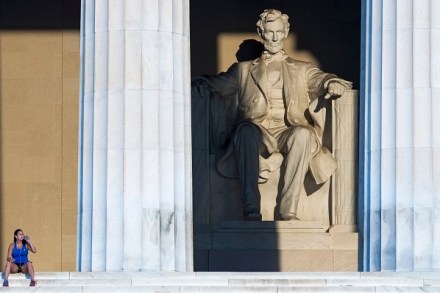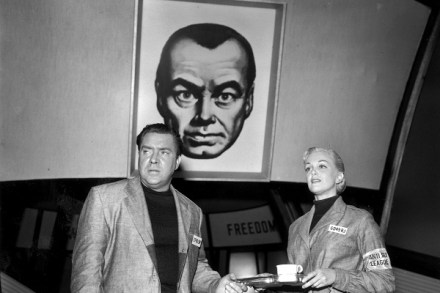Secrets and ties
Lead book reviewIt is a truth universally acknowledged that secrets are toxic and break up families. Today we look back smugly on the bad old days of the stiff upper lip when skeletons were kept firmly locked in their cupboards. We think we know better. The English, once famous for their secretiveness and reserve, have become addicted



























